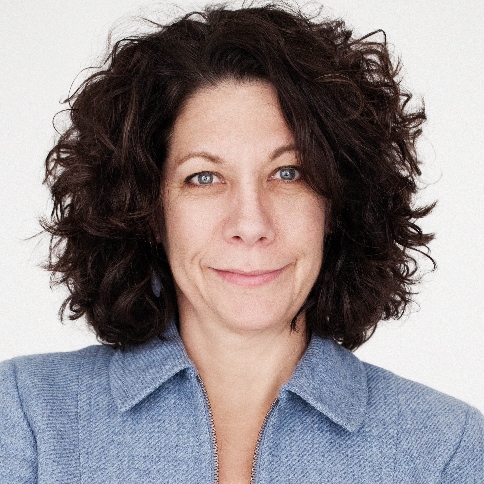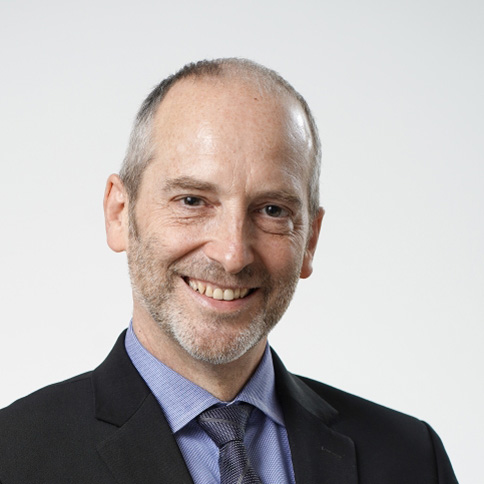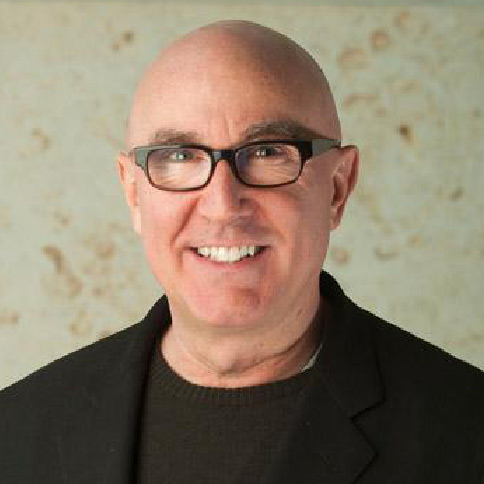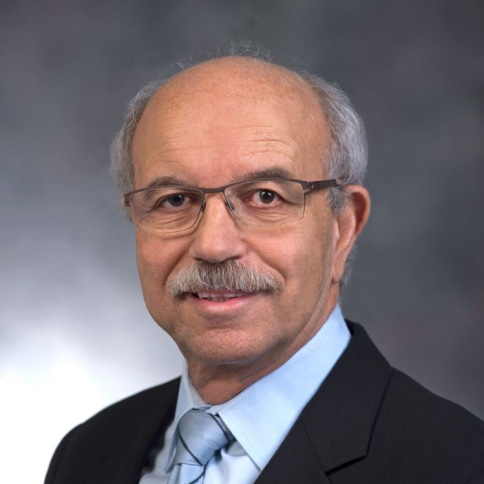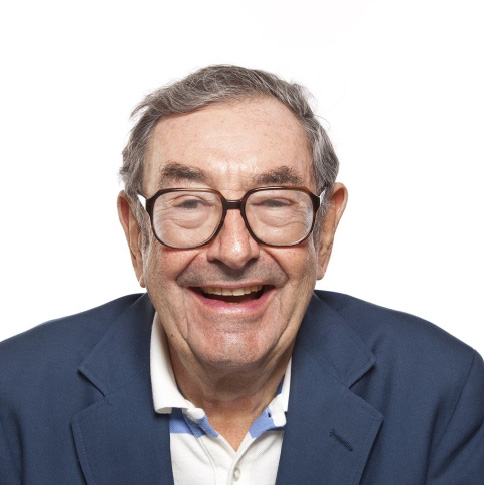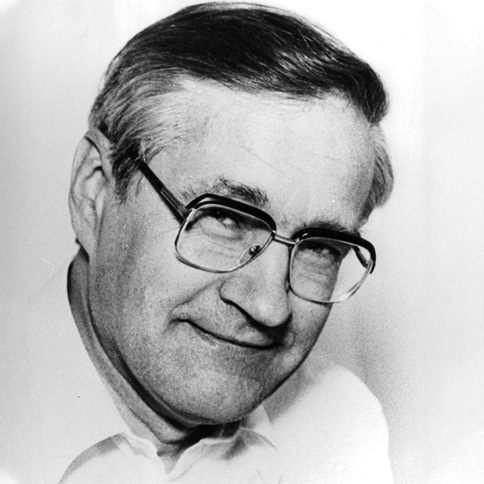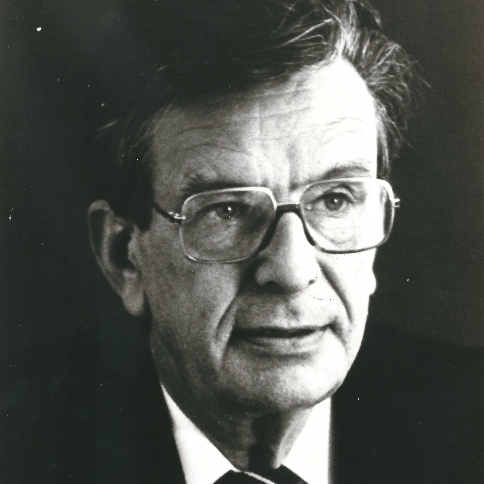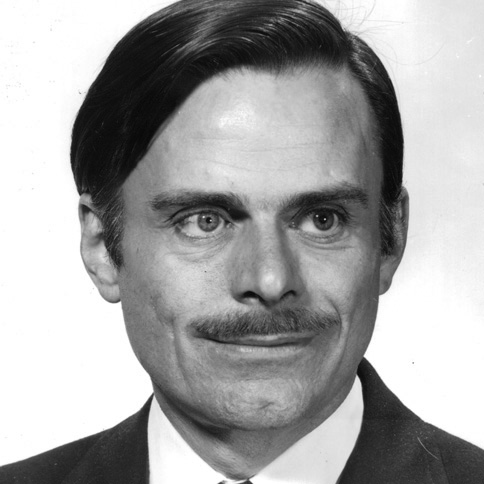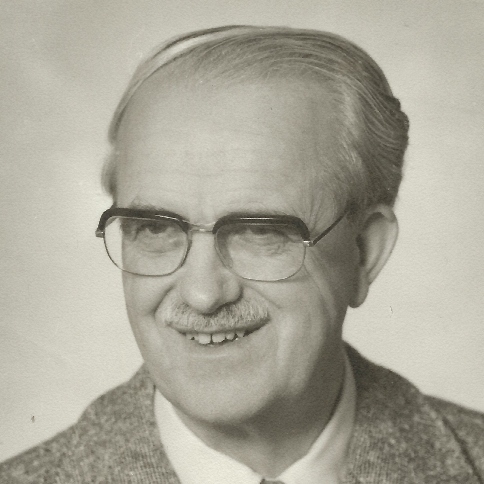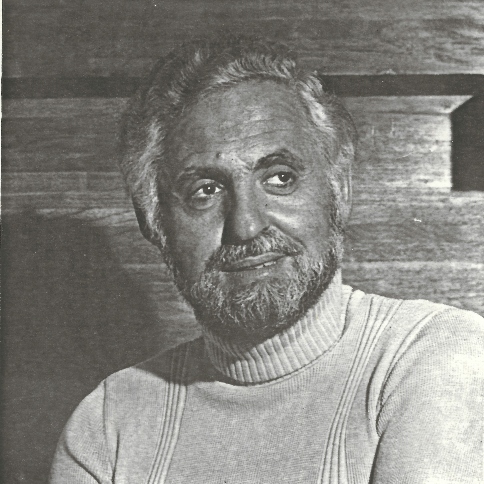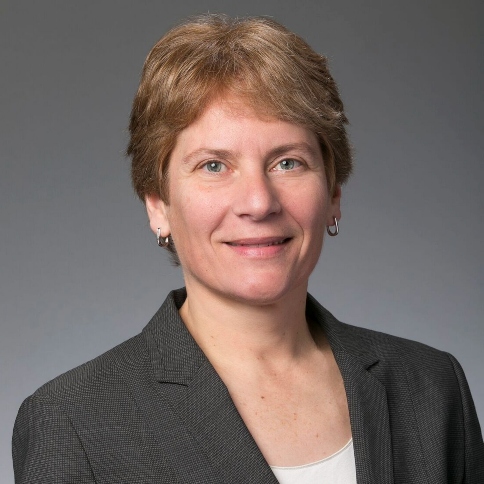
Carolyn R. Bertozzi
Wolf Prize Laureate in Chemistry 2022

Carolyn R. Bertozzi
Affiliation at the time of the award:
Stanford University, USA
Award citation:
“Carolyn Bertozzi is awarded the Wolf Prize for pioneering biorthogonal chemistry and understanding glycocalyx, and its roles in both health and disease, thus allowing for bioimaging, chemoproteomics, and in-vivo drug delivery”.
Prize share:
Carolyn Bertozzi
Benjamin F. Cravatt
Bonnie Bassler
“for their seminal contributions to understanding the chemistry of cellular communication and inventing chemical methodologies to study the role of carbohydrates, lipids, and proteins in such biological processes”.
Bertozzi, an American chemical biologist from Stanford University and the Howard Hughes Medical Institute, is known for developing innovative technologies that have opened new avenues for biological discovery and therapeutic development.
From an early age, Bertozzi found herself naturally enthralled by science. Her father, who taught physics at MIT, encouraged her to explore technological tools from his projects and demonstrations. This resulted in an early enthusiasm for science that later fueled her drive to pursue the education necessary to become a leader in the field of biotechnology and a distinguished professor.
Bertozzi received her undergraduate degree in Chemistry from Harvard University in 1988 and her Ph.D. in Chemistry from UC Berkeley in 1993. After completing postdoctoral work at UCSF in cellular immunology, she joined the UC Berkeley faculty in 1996. In June 2015, she joined the faculty at Stanford University, coincident with the launch of Stanford’s ChEM-H institute.
The cell membrane plays an essential role in protecting the cell from its extracellular environment. As such, extensive work has been devoted to studying its structure and function. Crucial intercellular processes, such as signal transduction and immune protection, are mediated by cell surface glycosylation, which is comprised of large biomolecules, including glycoproteins and glycosphingolipids.
Bertozzi’s research has focused on profiling changes in cell surface glycosylation. She invented the field of biorthogonal chemistry, which allows researchers to chemically modify mol¬ecules within living systems without interfering with native biochemical processes. Using biorthogonal chemistry, she has made fundamental breakthroughs in the understanding of the glycocalyx, the heavily glycosylated cell surface found on nearly every cell which serves as a mediator for cell-cell interactions.
Her pioneering work has opened up basic drug discovery and therapeutic targets associated with cancer, inflammation, bacterial infection, tuberculosis, and most recently COVID-19. These new therapeutic modalities include antibody-enzyme conjugates that can reshape the glycocalyx and lysosome-targeting chimeras (LYTACs)
that can degrade membrane-bound and extracellular targets. These unraveled the role of sugars in biology and in immuno-oncology. Bertozzi extensively commercialized these innovative technologies for both clinical and research applications.
Equally significant are her contributions to mentorship and diversity in the fields of chemistry and chemical biology. Carolyn’s commitment to mentorship is centered on her passion for diversity, equity, and inclusion in STEM.












